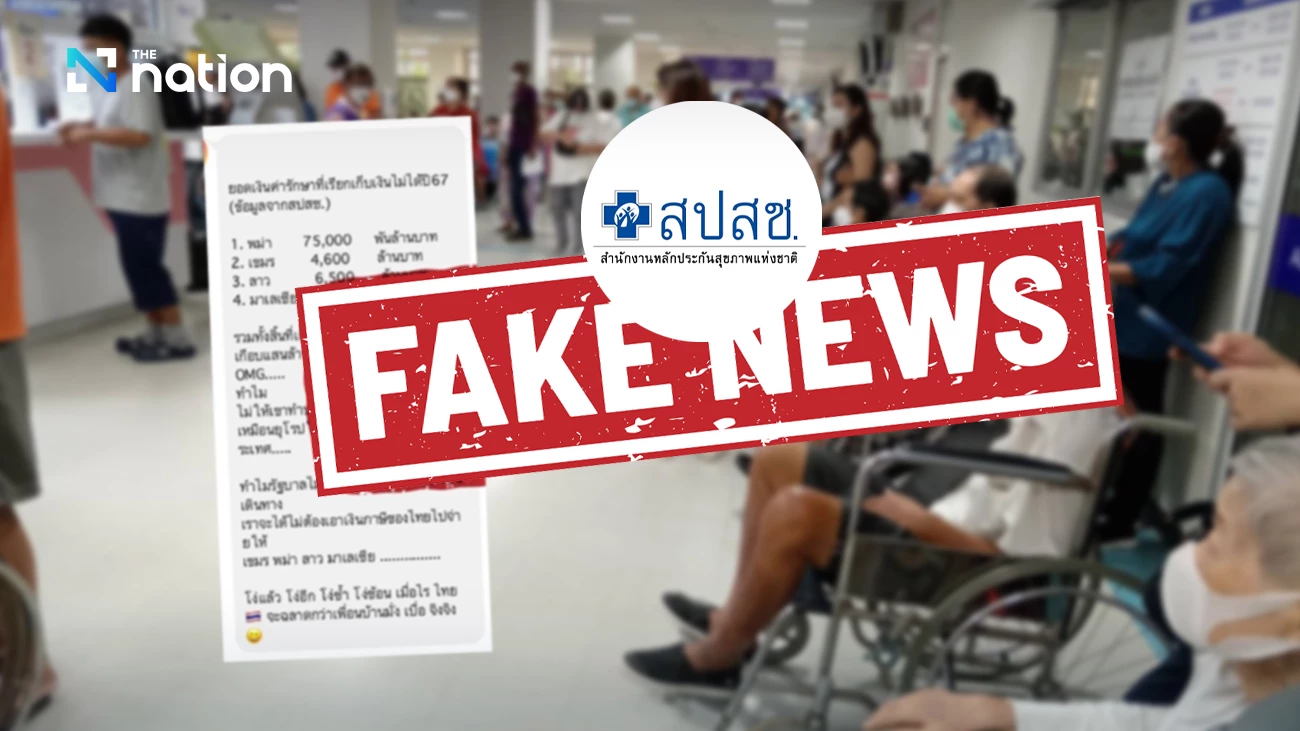Thai-Cambodia Border Erupts: Diplomatic Fury and War Propaganda Claims

Tensions between Thailand and Cambodia have been escalating, marked by persistent border disputes, allegations of ceasefire violations, and a pervasive campaign of disinformation. Thailand's Ministry of Foreign Affairs vehemently rejected social media claims alleging a Thai plot to assassinate Cambodian leaders Hun Sen and Hun Manet, calling these accusations unfounded and defaming. Nikorndej Balankura, spokesperson for the Ministry, underscored that such false news undermines diplomatic efforts, particularly amidst ongoing General Border Committee (GBC) discussions.
A significant point of contention revolves around alleged breaches of international law and ceasefire conditions by Cambodian troops. The Royal Thai Army (RTA) led an ASEAN Interim Observation Team (IOT) to the Thai-Cambodian border to monitor these claims. Prior to this, Thailand had facilitated visits for ASEAN envoys and representatives of countries that ratified the Ottawa Convention, which bans landmines. During these visits, evidence of anti-personnel mines allegedly laid by Cambodian troops was presented, and affected residents in Si Sa Ket province were interviewed. The Thai government expects these findings to be reported internationally, drawing attention to Cambodia’s alleged use of landmines.
Furthermore, representatives from the International Committee of the Red Cross (ICRC) also assessed the humanitarian impact of cross-border attacks on civilians in Surin, Si Sa Ket, and Ubon Ratchathani provinces. The ICRC gathered facts and interviewed affected individuals, compiling a confidential report for both governments, demonstrating Thailand’s commitment to humanitarian protection. Despite a 13-point ceasefire agreement signed during a GBC meeting in Malaysia on August 7, provocations, fake news, and various forms of intimidation continue to plague the region.
A long-standing issue at Ban Nong Chan village in Sa Kaeo province further complicates relations. Thailand's government spokesman, Jirayu Houngsub, accused Cambodians of betraying Thai hospitality by establishing a community on Thai soil. The area was originally a temporary shelter for Cambodians fleeing civil war in 1977. Thailand provided humanitarian aid, but Cambodia allegedly exploited this, expanding settlements and claiming the land as sovereign. Descendants of these refugees have built nearly 200 new homes, rejecting Thailand’s border demarcation claims. Thailand insists it erected razor wire within its own boundaries to protect against encroachment and landmine attacks, a move which the General Border Committee had agreed did not violate their August 7 resolution against constructing structures outside national territories.
The Ministry of Digital Economy and Society (DES) revealed that eight out of the top ten fake news items circulating last week were false reports related to the Thai-Cambodian border conflict, with the top three directly concerning the situation. This prevalence of misinformation aligns with Thailand’s accusation that Cambodia is engaged in a sustained disinformation campaign, actively undermining the peace process. Nikorndej Balankura refuted claims by Cambodia's Foreign Ministry, stating that Cambodia’s commitment to a bilateral ceasefire was
You may also like...
Crawford's Terrifying Transformation Fuels Canelo Showdown: Eubank Jr. Lurks

Two of boxing's elite, Canelo Alvarez and Terence Crawford, are set to clash on September 13 to determine the top pound-...
Fever's Caitlin Clark Faces Extended Absence, WNBA Playoff Hopes Dwindle

Indiana Fever star Caitlin Clark's 2025 WNBA season has officially ended due to a right groin sprain, concluding an inju...
007 Frontrunner Shakes Up Casting Race, Declines Iconic Role!

Step into the life of Mike Dickman, a rising British actor making waves in Hollywood, who finds himself unexpectedly ent...
Iconic Sith Lord's Lightsaber Smashes Records at Auction!

Darth Vader's original lightsaber from "Star Wars: The Empire Strikes Back" and "Return of the Jedi" has sold for an unp...
African Music Powerhouses Dominate: Davido, Burna Boy & More Lead AFRIMA 2025 Nominations

The 2025 All Africa Music Awards (AFRIMA) has announced a record-breaking list of nominees, with Nigerian stars Burna Bo...
R&B/Hip-Hop Royalty Rocks NYC: Leon Thomas, GELO & Ravyn Lenae Ignite Billboard's Live Concert

Webster Hall was transformed into a vibrant scene for the Billboard R&B/Hip-Hop LIVE concert on September 5, showcasing ...
Shocking Allegations: Alexander Brothers Case Explodes with Accuser Stories and Lawyer Denials

Luxury real estate moguls Oren, Alon, and Tal Alexander face sex trafficking charges and accusations of rape and sexual ...
Rocker Rumble: Oasis Reunion Plagued by Ticketmaster Legal Battle

Oasis is set for a monumental reunion tour in 2025, with bassist Andy Bell confirming his return and a global schedule o...
